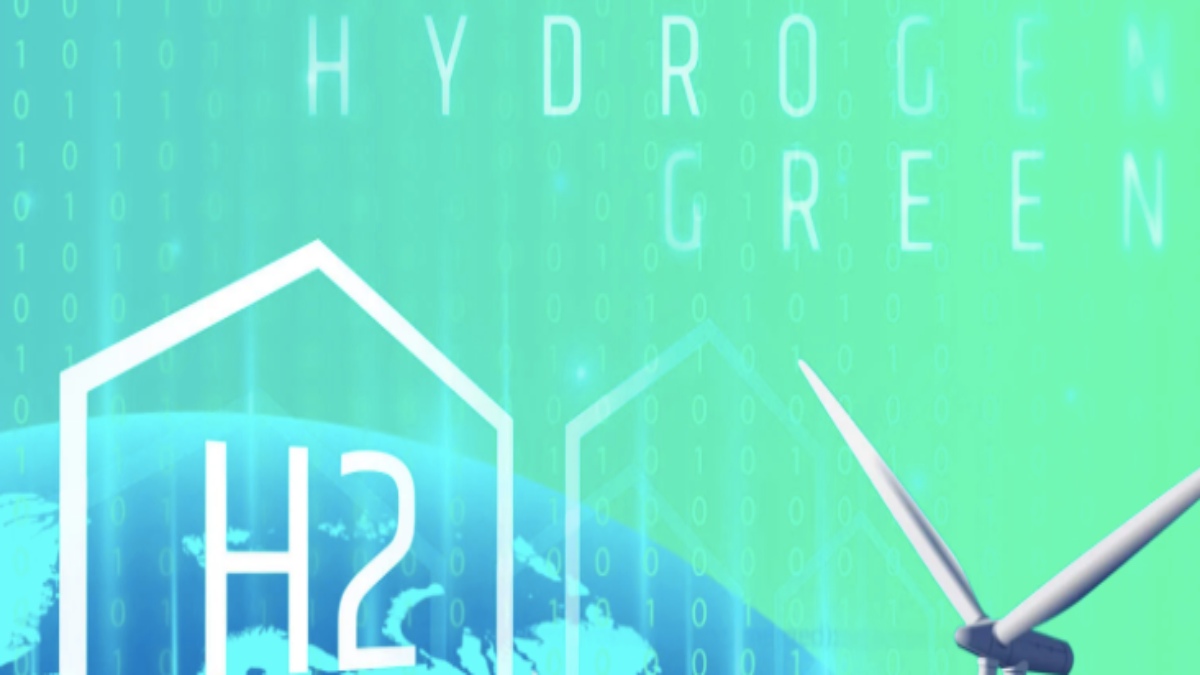


Hydrogen is emerging as an important source of energy since it has zero carbon content and is a non-polluting source of energy in contrast to hydrocarbons that have net carbon content in the range of 75–85 per cent. Hydrogen energy is expected to reduce carbon emissions that are set to jump by 1.5 billion tons in 2021.
HYDROGEN ENERGY IN INDIA
At present, bulk of the global energy consumption comes from hydrocarbons. Hydrogen is at an early stage of entering the energy sector in India. Government as well as non-government funding agencies are engaged in R&D projects pertaining to hydrogen production, storage, utilisation, power generation and for transport applications. As early as in 2003, National Hydrogen Energy Board was formed and in 2006 the Ministry of New and Renewable Energy laid out the National Hydrogen Energy Road Map identifying transport and power generation as two major green energy initiatives. India is participating in Mission Innovation Challenge for clean hydrogen and shares the objective to accelerate the development of a global hydrogen market by identifying and overcoming key technology barriers to the production, distribution, storage and use of hydrogen at gigawatt scale. By 2050 India intends to produce three-fourths of its hydrogen from renewable resources. R&D projects in India focus on improving the efficiency of water-splitting reaction, and finding newer materials, catalysts and electrodes to accelerate the reaction. Presently, more than 100 research groups are focusing on fuel cell technology. There are a number of foreign and Indian companies that are involved in hydrogen production, storage or delivery in India, including Praxair (USA), Linde (global-member of hydrogen council), Inox (Indo-US joint venture), Air Liquide (France), SAGIM (France), Air Products (USA), Fuel Cell Energy (USA), H2Scan (USA), ITM Power (UK), Heliocentris (Germany), Aditya Birla, Bhoruka Gases Ltd, Gujarat Alkalies and Chemicals Limited, Gujarat Heavy Chemicals Ltd, Air Science Technologies and Sukan Engineering Private Limited.
INDIA–GULF COOPERATION
India and GCC (Gulf Cooperation Council) countries share robust energy cooperation. In 2017–18 India imported nearly 53 per cent of its energy from the Persian Gulf, and UAE and Saudi Arabia were third and fourth largest trading partners of India. India and the GCC are natural energy partners and have huge potential for extending cooperation in cleaner fuels like hydrogen. India has signed MoUs on renewable energy with most of the GCC countries. India’s largest pure-play solar platform Acme Solar Holdings Ltd plans to invest US$ 2.5 billion to manufacture green ammonia and green hydrogen in Duqm and signed an MoU with the Oman Company for the Development of the Special Economic Zone. The manufacturing facility will supply green ammonia to Europe, America and Asia region and will produce 2,200 metric tonnes (mt) of green ammonia per day. 23 India is looking at developing Hydrogen collaboration with Bahrain and even invited Bahrain to participate in the Hydrogen Roundtable when Bahraini foreign minister Dr Abdullatif bin Rashid Al-Zayani visited New Delhi in April 2021. The two countries agreed to engage more in renewable energy capacity-building and focus on cooperation between their governments as well as the private sector, particularly in the field of solar, wind and clean hydrogen. In 2019, India signed an agreement with Saudi Arabia about cooperation in renewable energy including hydrogen. The two countries are collaboratively exploring Hydrogen Energy as a future source of energy. Saudi companies like Alfanar and Aljomaih that have invested in India’s wind and solar energy projects may be roped in for collaboration on production of Green Hydrogen.
PROSPECTS FOR COLLABORATION
The political will to promote hydrogen energy and collaborate with regional and international actors exists on both sides. Prime Minister Modi announced NHM on Independence Day and said that Green Hydrogen will give India a quantum jump in achieving its renewable energy targets and help in becoming Aatmanirbhar (self-reliant) in energy. Major prospects of hydrogen collaboration between India and GCC countries are in terms of investment and technology sharing. One of the major challenges faced by GCC countries in production of hydrogen fuel is the incompatibility of electrolyzers with salt water. Sea water needs to be desalinised before it becomes feasible for electrolysis. There is a potential for collaboration between India and these countries on this issue. India’s National Hydrogen Mission is a futuristic vision that can help the country not only cut down its carbon emissions but also diversify its energy basket and reduce external reliance. This is an opportune time for India and the GCC countries to strengthen partnership in R&D, production, storage and transportation of hydrogen energy. India should look at enhancing hydrogen cooperation with GCC countries, especially Saudi Arabia, the UAE and Oman that are at the forefront of hydrogen energy production and consumption. Lakshmi Priya is a Research Analyst at Manohar Parrikar Institute for Defence Studies & Analyses.